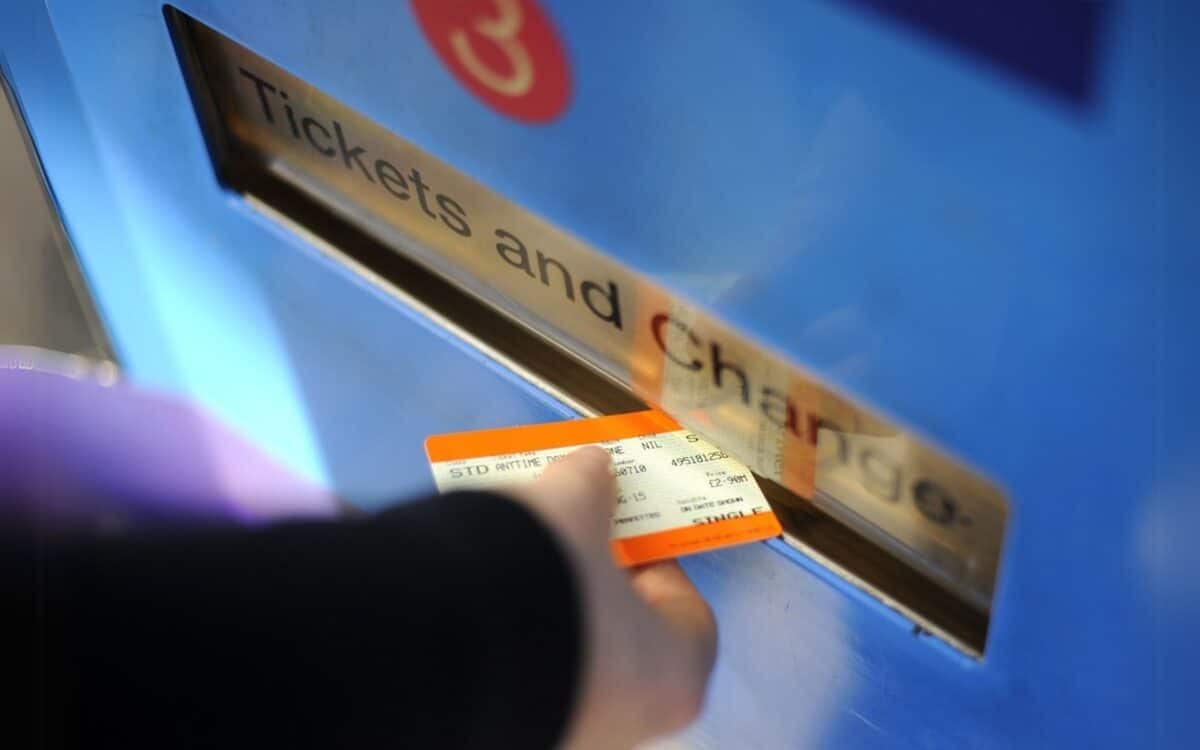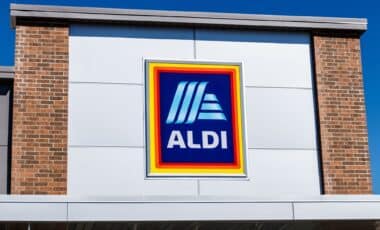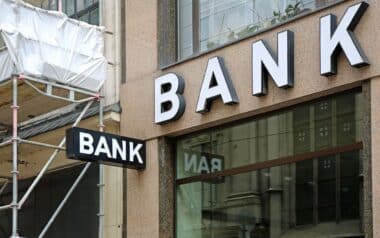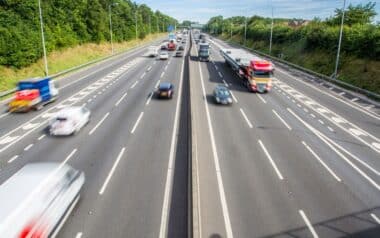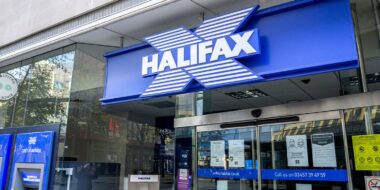Millions of rail passengers in England and Wales are now facing increased travel costs as fares rise by 4.6%. The hike, which affects season tickets, off-peak return fares, and flexible tickets, has sparked frustration among commuters, many of whom are already struggling with unreliable services.
While the government argues that fare increases are necessary to fund rail improvements, critics question whether passengers are getting value for money. The Independent reports that this is the first railcard price increase in over a decade, adding further financial strain on travellers.
Government Justifies Fare Increase While Acknowledging Frustrations
The UK government set the 4.6% cap on regulated fare increases, a figure it claims is lower than inflation and the lowest absolute increase in the last three years.
Transport Secretary Heidi Alexander acknowledged public frustration, stating that the government inherited a rail system that was “not fit for purpose” and that efforts to restore trust in the service are ongoing. Rail passengers, however, continue to face persistent delays and cancellations, making the fare hike even more difficult to justify.
Despite plans to renationalise three major rail operators over the next two years, there are no expectations of fare reductions, and the rising costs are being met with public resistance. Rail passengers have expressed growing dissatisfaction, arguing that they are paying more for a service that remains unreliable.
Michael Solomon Williams, of Campaign for Better Transport, warned that high rail fares are the “number one barrier to getting more people travelling by rail”, urging the government to address pricing as part of upcoming rail reforms.
Commuters Face Increasing Travel Costs
The fare hike affects 45% of rail fares in England and Wales, covering season tickets and many commuter routes. The increase means that some passengers will be paying hundreds of pounds more per year.
An annual season ticket from Woking to London has risen from £4,072 to £4,259, an increase of £187, while a Gloucester to Birmingham ticket now costs £5,385, up by £237.
For travellers commuting between York and Leeds, the annual fare has risen from £2,896 to £3,029, an increase of £133, whereas passengers on the Newport to Cardiff route will now pay £1,033, up from £988.
Meanwhile, the cost of an annual pass between Whitehaven and Carlisle has increased from £2,396 to £2,506, an additional £110.
For commuters using flexible tickets, the price hikes are also significant. A flexi-ticket for Welwyn Garden City to London has increased from £1,941.60 to £2,030.90, adding £89.30 to the cost.
The Liverpool to Manchester flexi-ticket has gone up from £1,982.40 to £2,073.60, a rise of £91.20, while the cost for Cambridge to London has climbed from £4,418.40 to £4,621.60, meaning passengers will pay £203.20 more per year.
Similarly, Ipswich to Peterborough has increased from £4,729.20 to £4,946.70, adding £217.50 to the total cost. Passengers travelling between Bath Spa and Bristol Temple Meads will see their flexi-ticket price increase from £1,008 to £1,054.40, a rise of £46.40.
Railcards Become More Expensive for the First Time in a Decade
In addition to fare increases, rail passengers will also have to contend with higher railcard prices, which have risen for the first time since 2013. A one-year railcard has increased from £30 to £35, while a three-year railcard has gone up from £70 to £80.
Rail passengers who rely on these discounts for more affordable travel will now face higher costs, though railcards for disabled passengers remain at previous prices.
In Wales, the Welsh Government matched the UK Government’s 4.6% cap on regulated fares, while Transport for Wales is applying various increases to its unregulated fares. In Scotland, rail fares are set to increase by 3.8% from 1 April for ScotRail services.
In Northern Ireland, the nationalised Translink service has not yet confirmed whether fares will increase in 2025.
Public Reaction and Impact on Rail Travel
The fare rise has fuelled criticism, particularly as rail reliability remains a significant issue. Many passengers report ongoing delays, overcrowding, and cancellations, raising concerns about whether the service justifies its cost.
Adrian Rose, a 50-year-old commuter from Sittingbourne, Kent, said the cost of some fares is “prohibitive”. He noted that driving from Kent to Newcastle costs him no more than £100 in fuel, whereas the same journey by train can exceed £400 if booked close to departure.
Meanwhile, Celia Downie, 68, from Bristol, said she will continue using the train “however much it costs” because she values the ability to work while travelling and believes it is the “environmentally proper” choice.
However, she also described some journeys as “absolutely appalling”, citing overcrowding and poor service quality.

